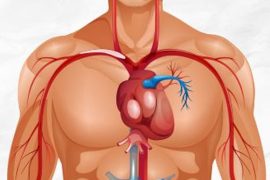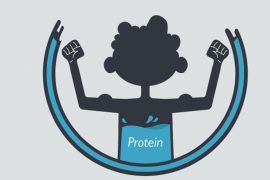Supplements can be quite helpful when the body’s nutritional requirements are not met by our regular diet. By filling in nutritional gaps, they lower the chance of developing certain diseases and make it simpler to maintain general health. Dr. Michael Murray posted a list of essential supplements that you should incorporate into your daily regimen in your 30s on April 29.
The goal of your thirties is to establish the groundwork for long-term wellness. These vitamins can help you maintain your strength, energy, and resilience for many years to come.
1. Vitamin D
- Why it matters: promotes immunological function, aids in the absorption of calcium, and controls mood.
- Deficiency in the 30s: Many people have low levels, particularly those who live in northern areas or spend a lot of time indoors.
2. Magnesium
- Why it matters: helps control stress, sleep, energy production, and muscle function.
- In the thirties, magnesium levels can be lowered by stress, caffeine, and processed foods.
3. Omega-3
- Why it matters: lowers inflammation and promotes the health of the heart, brain, and joints.
- Inadequate intake of omega-3 fatty acids may result from diets deficient in fatty fish in the 30s.
4. Collagen
- Why it matters: Promotes muscle maintenance, joint health, and skin suppleness.
- Deficiency in the 30s: Some people may not get enough protein from their diet, and collagen production decreases.
5. The use of probiotics
- Why it matters: enhances the immune system, digestion, digestive health, and even mental well-being.
- Deficiency in the 30s: Stress, poor diet, and antibiotics can all alter gut flora.
6. Creatine
- Why it matters: strengthens muscles, aids in the synthesis of energy, and may enhance cognitive performance.
- Deficiency in the 30s: As people age and engage in less physical exercise, their creatine levels may decrease, and their muscle mass and recuperation begin to deteriorate.
What is the significance of supplements?
In order to boost athletic performance and develop a robust immune system, supplements are also used. The body may require more nutrients when under stress, and supplements are a convenient way to get these nutrients. Another well-known fact is that a body requires more sustenance if it is working harder. Furthermore, as the name implies, dietary supplements are meant to complement the primary diet rather than to replace it.
Disclaimer:
The information contained in this article is for educational and informational purposes only and is not intended as a health advice. We would ask you to consult a qualified professional or medical expert to gain additional knowledge before you choose to consume any product or perform any exercise.







